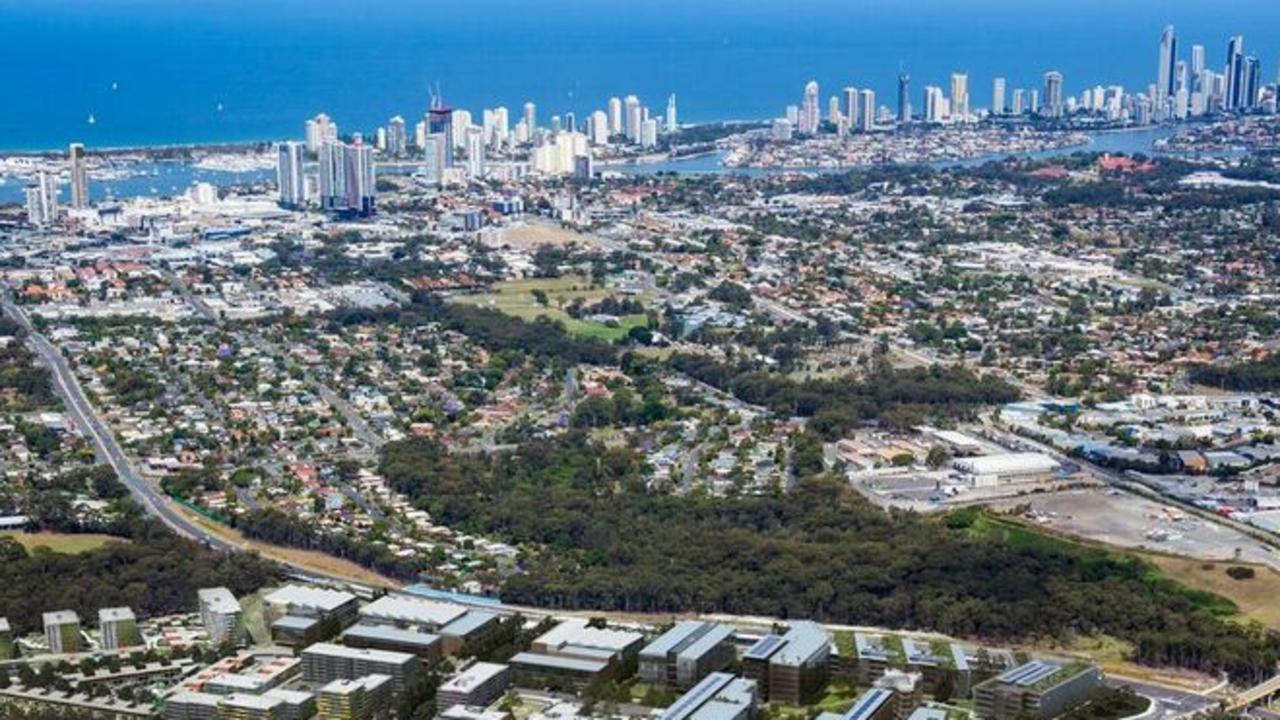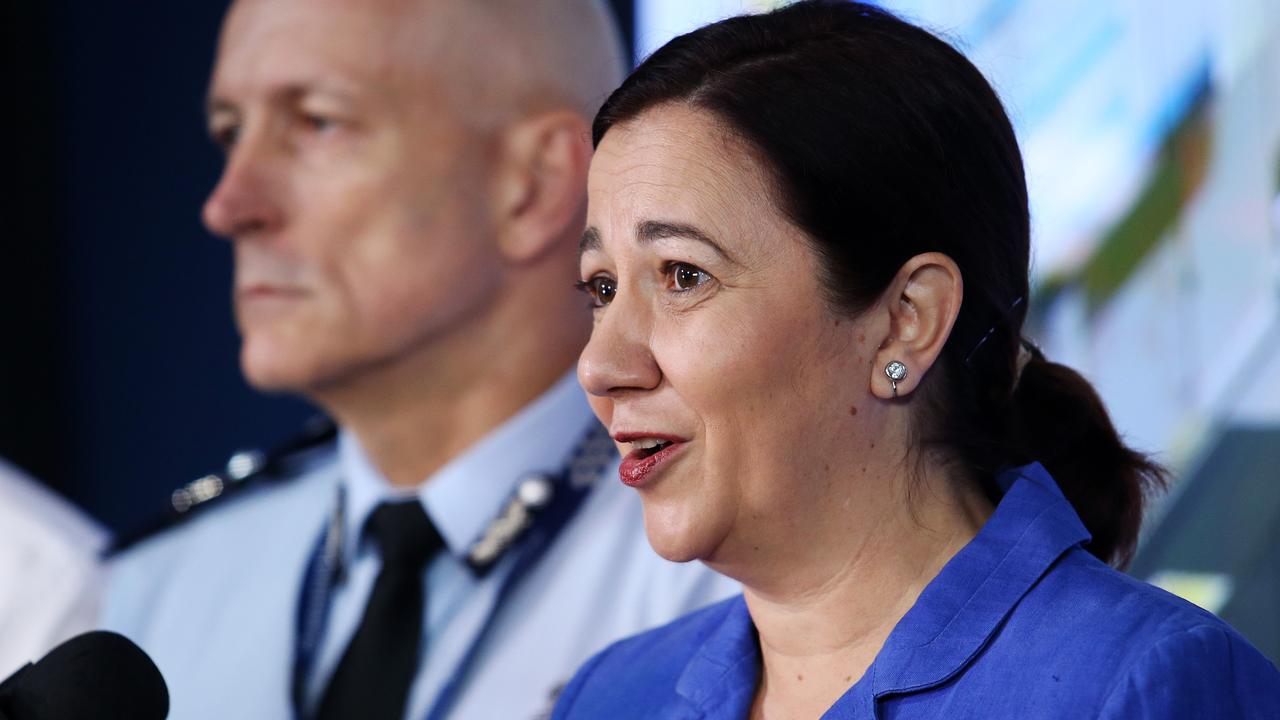Technology and mobility the future of Gold Coast police
POLICING on the Gold Coast is getting a shake up as the massive Arundel site moves ones step closer to being built and new ways to combat crime are being dished out. Here’s how our cops will be catching the criminals.
Golden Age
Don't miss out on the headlines from Golden Age. Followed categories will be added to My News.
GOLD Coast policing’s immediate future is not going to involve Robocop officers or a nod to science fiction movies like Minority Report in which psychic technology can foresee crime.
It will be based instead on a highly mobile force, working across the district on assignments fed by intelligence-led information.
But despite the absence of officers who are half robot, half cop, the crimebusting future will in fact be driven by expansion of technology and how it is used by local police, both on the ground and combing through crime data to spot trends.
Policing on the Coast and across the state will also depend on laws police will have up their sleeve to tackle crime.
GOLDEN AGE OPINION: COAST NEEDS A DEDICATED DRUG SQUAD
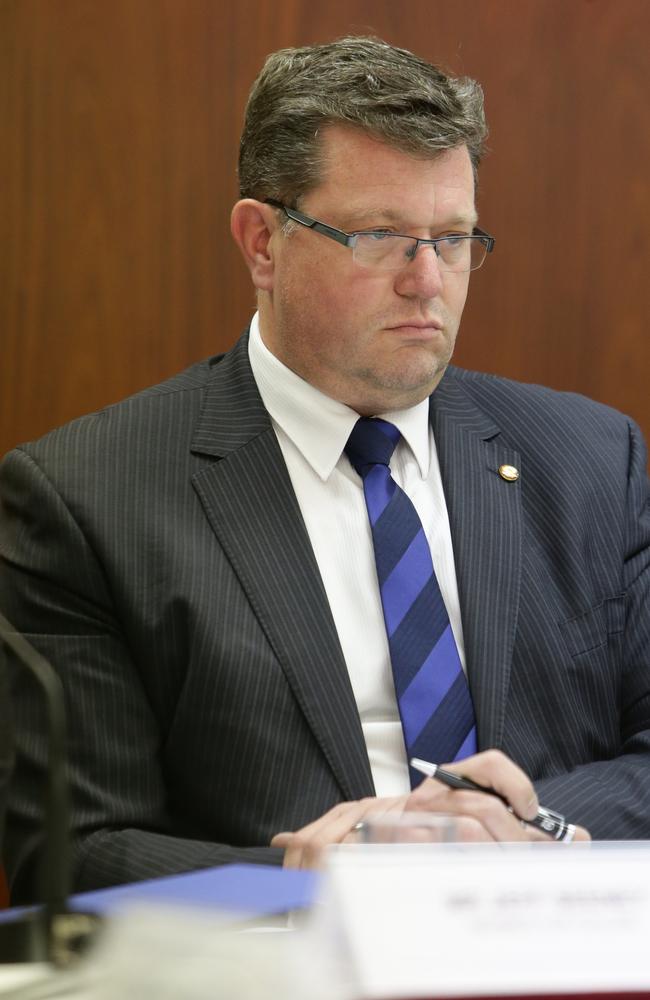
Opposition police spokesman Trevor Watts said the LNP would scour the world for best practice legislation, like it did — he said — when it came up with the tough-on-bikies VLAD laws.
GET FULL DIGITAL ACCESS FOR 50C A DAY
“The basic thrust of it is tough on crime. It’s easily said, not necessarily easily delivered. We know that a lot of crime comes out of two main threads — people who live their lives in chaos and people who are organised criminals,” Mr Watts said.
“We need a modern Queensland Police Service that is chasing down world’s best practices and implementing in our environment.
“It’s about looking at what’s working in other jurisdictions around the world and what’s getting the results on the ground and implementing those.
“Sometimes there will be a legislative solution, a training solution, a resources solution, sometimes it might be committing into action.
“If we use the bikie legislation … the LNP’s bikie legislation when it was introduced was the same legislation that was used to control the gangs of New York. That’s where it came from and it obviously had great effect here.
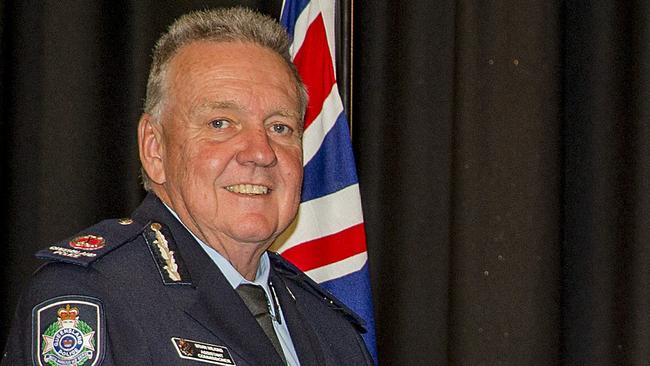
“For us, it is about making sure we have legislation that is usable, that upholds the community standard, that allows the police to do their job in an efficient and effective way, and we’ll be looking all around the world for world best practice legislation that enables police and a modern police force to do their very best job.”
GOLD COAST’S ‘WAREHOUSE’ POLICING
Recently appointed Gold Coast Assistant Commissioner Brian Wilkins said technology would play a major role in how the district was policed.
“The future is in the expansion of our technology and our mobility,” Mr Wilkins said.
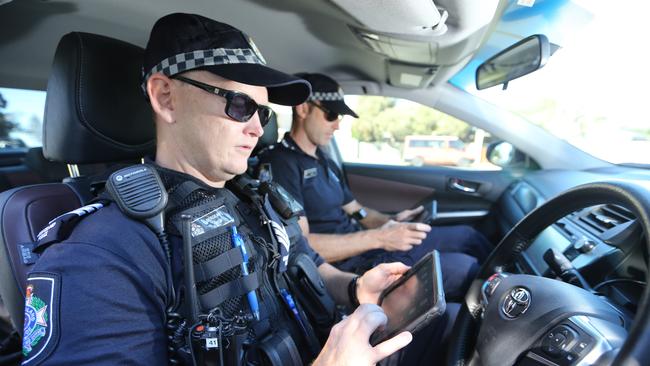
“This increase will give us more time on the frontline. Our overall focus is community safety and to achieve that is the ability of officers to be on the frontline … at the right place, at the right time.
“They’re doing their business, which is intelligence-led and the strategies that we utilise are evidence based. We don’t just guess what we’re doing.
“So we’re not just going somewhere and aimlessly driving around or just doing stuff, you’re actually using evidence-based strategies to address the issue.”
Mr Wilkins said there would not be a beat cop on the Gold Coast who would prefer to sit in front of a computer writing up reports instead of out on the streets.
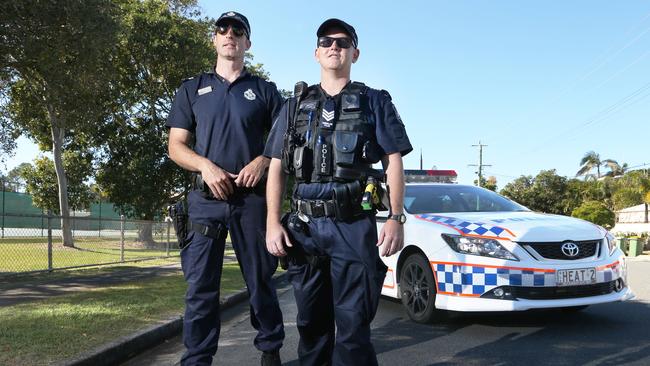
“Cops don’t like sitting in front of computers typing reports. If we can directly input whilst in the field, and finalise a particular matter and not have to return to the station and sit in front of a computer for two hours …
“Most cops want to be on the street working with and helping the community and increasing our mobility actually enables us to do that.
“Ideally the only time a cop would have to attend a police establishment is to come in and kit up and then spend their full shift in the field and then come back to the station and de-kit. All the necessary correspondence is done in the field and then they finish their shift and go home.
“They’ve got the capability to spend their full shift in the field.”
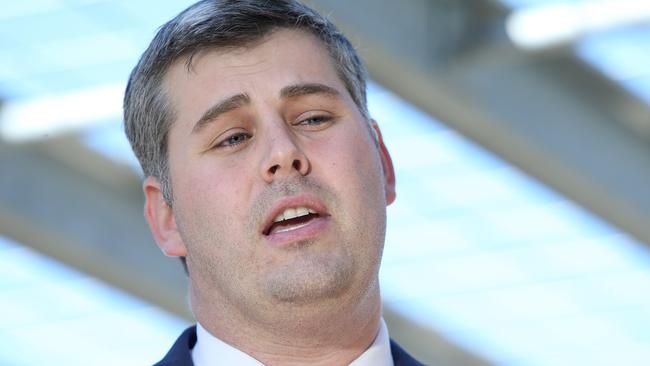
Police Minister Mark Ryan agreed mobility and technology, along with proper resourcing, would play a crucial part in the future of policing.
“The Queensland Police Service is moving towards a model of policing that emphasises greater mobility and flexibility in the allocation of personnel and resources to generate faster response times,” he said.
“The net result of these innovations is that members of the community will see more police out and about on the streets more often.
“Officers on the Gold Coast are also benefiting from the Queensland Police Service’s adoption of cutting edge technology that allows them to get the job done faster and more safely.
“New model tasers are being rolled out across the state along with QLiTE tablets that give officers immediate access to information, including arrest warrants and criminal histories.
“The world of law enforcement on the Gold Coast is moving quickly.”
Mr Watts said although he supported a more mobile police service, he would not support the closure or downsizing of police stations.
“I wouldn’t want to see a reduction in police premises footprints. What I’d like to see is less people sitting at desks in those footprints and more people out on the street,’’ Mr Watts said.
“Boots on the ground, in community policing, with tough modern laws that make it effective and efficient for police to do their job. For me it’s about remobilising the police force and getting them so that they don’t have to go back to a station to do paperwork. That’s really what we’re striving for.”
Mr Wilkins said the service would have to be smarter about use of resources.
“It’s about utilising our current resources in a more efficient and effective manner, being smarter with what we’ve got, ensuring they’re being utilisied in a manner that gives us the most bang for our buck,’’ he said.
“We don’t do things the same as the way we did 10 years ago. We’re always changing our policing response with the environment, which is always changing too.
GET FULL DIGITAL ACCESS FOR 50C A DAY
“You could put a cop on every corner and your crime won’t go down. It’s about using the resources we’ve got in a smart manner, through intelligence-led policing, to prevent crime before it happens.
“We need to always be ahead of the ball.
“Organised crime is always increasing their knowledge and capability. We need to be one step in front of the ball with our technology.
“But if the crime happens, then make sure you’ve got resources allocated to locate and arrest the persons who are committing the crime.”

